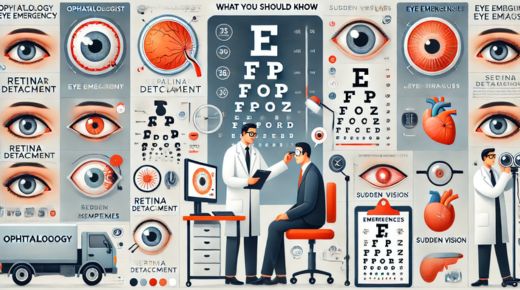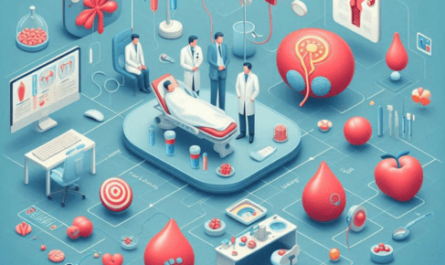
Eye emergencies can strike without warning. Understanding when to see an ophthalmologist can help protect your vision. Eye injuries, sudden loss of sight, and severe pain are top reasons to seek urgent care. An ophthalmologist will assess and treat these conditions swiftly. Routine check-ups, like a diabetic eye exam florida, can prevent some emergencies. Knowing when and where to seek help can make a difference.
Common Eye Emergencies
Eye emergencies range from mild to severe. Recognizing the signs early can save your vision. Here are three common emergencies:
- Foreign Objects: Dust, sand, or small debris can irritate the eye. If not removed, they can cause further damage.
- Chemical Burns: Contact with substances like bleach can harm the eye. Immediate rinsing is critical.
- Sudden Vision Loss: A sudden drop in vision can indicate serious conditions like retinal detachment.
When to See an Ophthalmologist
Determining when to see an ophthalmologist is crucial. Some symptoms require immediate attention:
- Severe Pain: If experiencing intense eye pain, seek care without delay.
- Flashes or Floaters: New flashes of light or floaters can signal retinal issues.
- Redness and Swelling: Persistent redness or swelling may need professional evaluation.
Immediate Steps to Take
In an eye emergency, knowing the right steps can help minimize damage:
- Do Not Rub the Eye: This can worsen the injury.
- Rinse with Clean Water: If possible, gently rinse the eye with clean water to remove irritants.
- Seek Professional Help: Contact an ophthalmologist or visit an emergency room.
Routine Eye Care
Regular eye exams can catch issues before they become emergencies. Here is a comparison of routine vs. emergency care:
| Routine Eye Care | Emergency Eye Care |
| Scheduled check-ups | Immediate intervention |
| Prevention of conditions | Treatment of acute issues |
| Vision testing | Symptom relief |
Routine care, such as annual check-ups, can prevent conditions from escalating into emergencies. A proactive approach can safeguard your vision, reducing the risk of sudden problems.
Resources for Further Reading
For more detailed information on eye health and emergencies, you can visit the National Eye Institute or check the CDC’s Vision Health Initiative. These resources offer valuable insights and guidelines for maintaining eye health.
Understanding eye emergencies and knowing how to respond can preserve your vision. Stay informed and proactive in your eye care to ensure a lifetime of clear sight.



